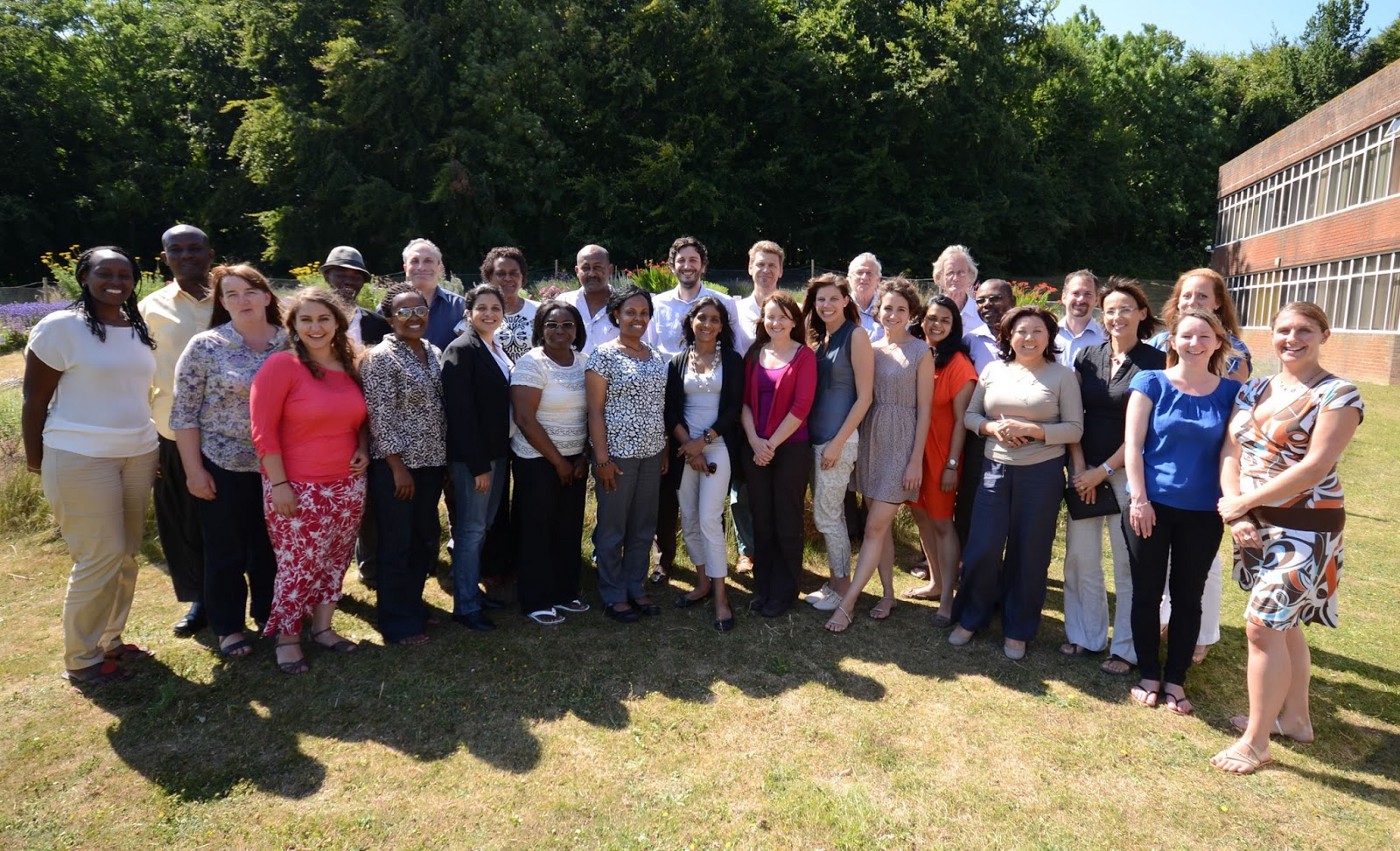Case study

Objective
To equip development policymakers and practitioners with the knowledge and skills to more effectively design, improve implement and evaluate strategic approaches to address nutrition issues at regional, national and global levels.
This series of Summer Schools also formed part of a larger initiative funded by UK Government to help build a network of leaders to improve nutrition.
Relevance
Strong leadership plays a crucial role in enabling action to tackle all forms of malnutrition.
The commitment to tackling undernutrition at both national and international level is on the rise. The Sustainable Development Goal to ‘end all forms of malnutrition’ by 2030 reflects the political momentum built around nutrition globally.
There is now a greater awareness of the multiple, underlying causes of undernutrition and how to address them, which has led to the ‘scaling up’ of many successful nutrition sensitive interventions. However, within countries that have made rapid progress in tackling undernutrition, the role of strong leadership has also been highlighted as a crucial element in ensuring this political will and the increasing knowledge is turned into impact.
Working under the auspices of the Transform Nutrition Consortium, IDS and partners set about establishing an active network of leaders from a range of countries where potential for action to improve nutrition would have maximum impact. Together, we provided the tools, evidence, training and support needed for these nutrition leaders to translate and apply knowledge in their policy and practice decisions more effectively. The series of Summer Schools formed an integral part of this capacity building initiative.
Design
IDS has a rich history of working in partnership to generate vital new evidence and analysis on nutrition issues, including dietary transition, globalisation of food systems, and responding to the ways that marginalisation and inequity drive high child malnutrition rates.
The development of these short courses stemmed from our partnership in the Transform Nutrition Consortium – a multi-partner, multi-year programme funded by UK Government and focused on transforming how people think about nutrition and how they act to improve it.
The course was designed and delivered by members of the Transform Nutrition Consortium. Content was drawn from the experiences and expertise of the IDS and International Food Policy Research Institute (IFPRI) teams and further supported by literature. Additional perspectives were also provided during the course via guest speakers from the extensive IDS-IFPRI network.
Each course was divided into modules where participants explored the nature, causes and consequences of malnutrition and ways of addressing malnutrition in all its forms. Individual and group exercises and discussions focused on helping participants build a solid understanding of the nutrition situation at a global and country level, learning from examples of country-level successes in nutrition, interpreting data and evidence, and developing strategy.
Participants also benefitted from the Consortium’s links to the Scaling Up Nutrition movement and Save the Children who provided opportunities to publish their work and participate in media and advocacy training to equip them to raise attention and commitment for nutrition in their contexts.
Delivery
The Summer Schools were delivered by IDS researchers and other key members of the Transform Nutrition Consortium, including:
- Inka Barnett and Jody Harris, IDS Research Fellows with extensive experience in international nutrition research and practice.
- Lawrence Haddad, Executive Director of GAIN.
- Purmina Menon, Senior Research Fellow in IFPRI’s Poverty, Health and Nutrition Division.
Participants
Participants included civil servants, civil society, NGO workers, practitioners and activists from organisations such as Care International, the World Bank and UNICEF. They came primarily from Transform Nutrition’s four focal countries (Bangladesh, India, Ethiopia, Kenya), plus Tanzania and Nigeria.
Participant numbers
194 in total
20 participants per course each year
Impact
Over six years, this series of Summer Schools supported and strengthened the capacity of 123 individual leaders working at all levels of government and civil society to tackle undernutrition.
The Summer Schools played a vital role in exposing leaders in high burden countries to cutting-edge nutrition research whilst also teaching practical approaches for applying this evidence and as such getting evidence into action through their work at a local and national level. As a result participants have reported a number of examples whereby changes in practice have been influenced by the short course, including changes in organisational policy and procedures as well as government policy:
“Tanzania strategically supported participation of key decision makers to the course, especially from Prime Minister Office and President Office, in order to improve their understanding of nutrition. This has contributed to lay the basis for the development of the National Multisectoral Nutrition Action Plan 2016–21.” – Course participant from UNICEF, Tanzania
The legacy of this work will carry on through the leaders network and their collaboration with the Scaling up Nutrition movement who are working to acknowledge and raise the profile of leaders in complex policy contexts.